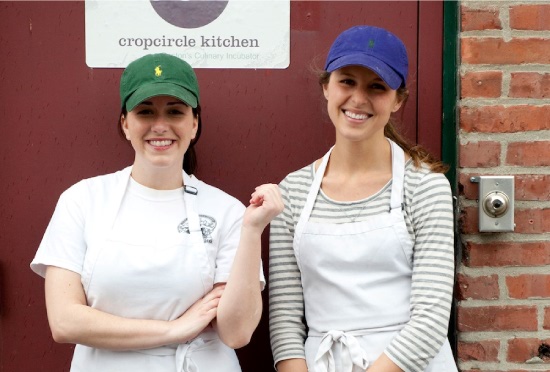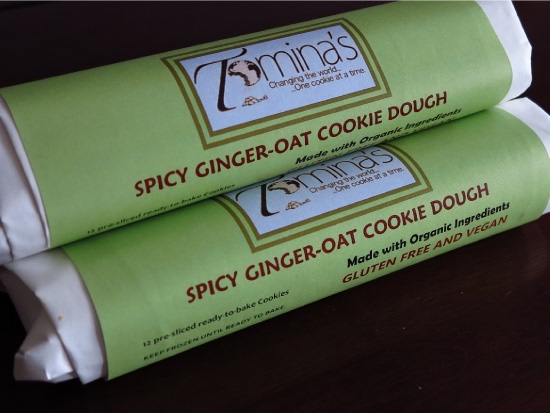Entrepreneurs face many challenges when bringing an idea from concept to fruition. One area of expertise that is often needed which can determine their success is the ability to negotiate. To help you understand more about negotiating, we have a guest article today by Davis Miller on behalf of Wild Card.
According to numerous food photos that seem to flood social media networks such as Pinterest, Facebook and Twitter, it appears that more and more people have become obsessed with food. What’s more, the gastronomy courses and cooking classes have gained a lot of popularity lately, which means that people are simply fascinated by food. The good news is that some of these individuals choose to make the most of their food obsession by starting their own food companies.
The food and drink industry has developed at an astonishing rate over the last 10 years. As a matter of fact, our grocery market appears to be the eighth largest in the whole world. Plus, specialists expect it to be worth no less than £162bn by 2015 in the UK. Anyway, you should know that the small, independent organizations that are selling delicious handmade products might have a considerable impact on the growth of the industry.

Even though the world has gone through an awful economic crisis, people continue to purchase luxury edibles (such as Paul A Young handmade chocolate). But how long will this apparently insatiable public craving for sophisticated foodstuffs go on? And more importantly, how many stylish niche food-stuff will the economy be able to support? The problem is that the current global financial pressures and the large amount of artisan products that are already available on the market might have an irrecoverable effect on the luxury-food industry.
Tina and Tomina’s – Entrepreneur Highlight
Tina Birdsall is familiar with the food business, since she has worked in numerous restaurants and organized a plethora of mobile marketing tours for several key members of the natural food industry. However, she didn’t start her own food company – even though she dreamt about this all the time – until she moved to the east coast and decided to see if she could be a good food entrepreneur.

On second thought, Tina realizes that she first wanted to be a food entrepreneur seven years ago. While she was shopping in a Whole Foods located in Bellevue, she said to herself that she would really like to make cookies. Tina stored the idea in her mind and continued to market for natural foods businesses. After several years, she and her husband moved to New Hampshire and the idea of making designer cookies came to her mind again. Even so, she couldn’t think of a way to make this work, so she decided to put the idea away.
When the marketing agency she was working for began downsizing, Tina knew that that was the best moment to start her own business. Since the number of those dealing with gluten-intolerance was rising at that point, she decided to try to replace ingredients and make gluten-free cookies. Therefore, she started to create recipes and after three months, Tina had five recipes she was pleased with.
Tina has been running her own food business for one year and she’s willing to share the most important aspect she has learned. She started by estimating the amount of money that she would have to spend to make one cookie. She wanted her cookies to be about 97-98% organic, but she didn’t know how expensive that was going to be.
Considering that the whole company was self-funded, opting for such high percentage of organic ingredients was impossible. Because Tina thinks organic ingredients are essential, she tried to modify her recipes until they contained 70% organic ingredients. When people examine the label of her products, they can see that there are no GMO ingredients, and that makes Tina proud of her accomplishments as a food entrepreneur.
Final thoughts regarding food entrepreneurship
Social media and its famous Pinterest and Instagram are like a silver platter where businesses people can exhibit their products. Foodies love a food blog that looks good, because as human beings we’re often tempted to think that what looks good, tastes good as well.
What does it take to become a food entrepreneur? Apart from a passion for food recipes and exclusive ingredients, aspiring business people should also think about advertising, costs, and the time they have available to develop such a challenging business. Are you willing to devote all your time, money, and energy to food entrepreneurship?
